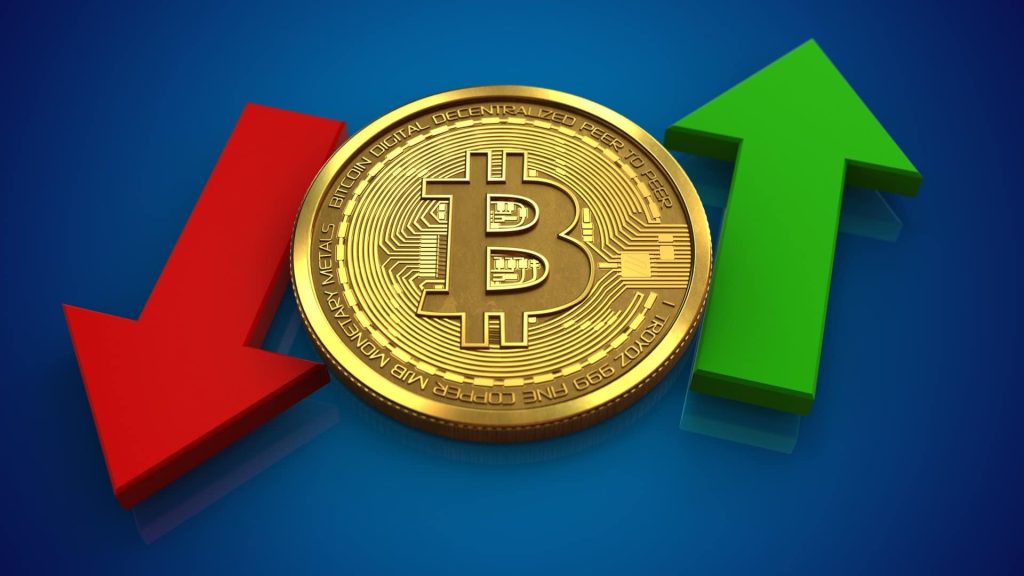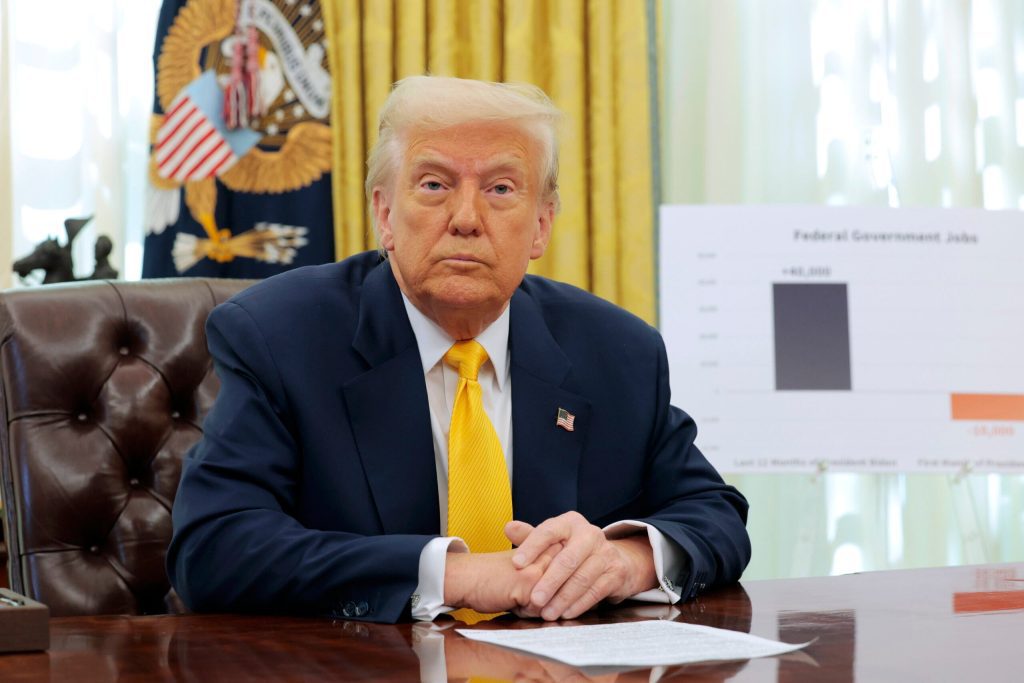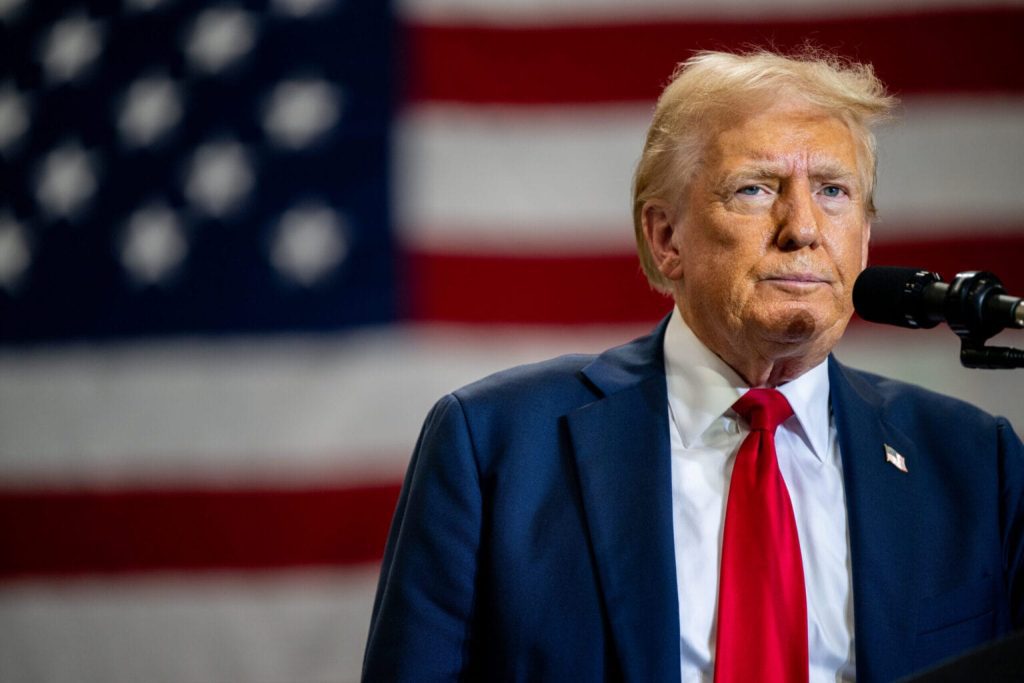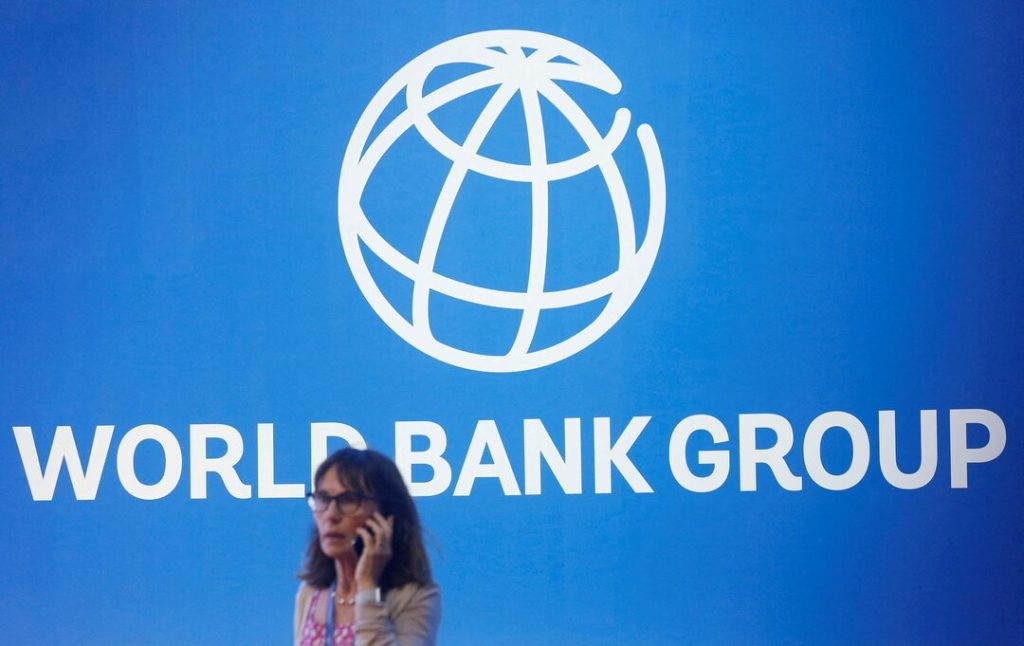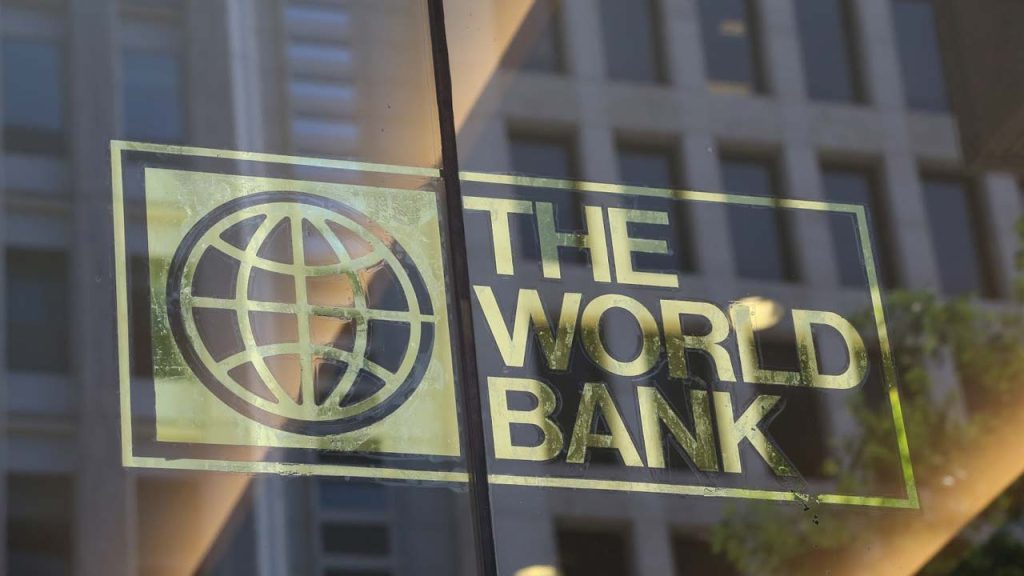As global economies continue to grapple with sluggish growth and post-pandemic recovery challenges, a new wave of U.S. tariffs has triggered serious concerns within the international financial community. At the forefront of this warning is Kristalina Georgieva, Managing Director of the International Monetary Fund (IMF), who has sounded the alarm over the potentially damaging effects of these tariffs on the already fragile global economic landscape.
Georgieva issued her statement shortly after the United States, under the leadership of President Donald Trump, announced fresh tariffs targeting multiple countries—including Nigeria—with duties reaching up to 14 percent on selected imports. This protectionist move, which comes amid growing trade frictions, has rattled financial markets and sparked fears of retaliatory actions that could disrupt global supply chains.
A Dangerous Time for Trade Restrictions
In her formal response to the U.S. decision, Georgieva stated that the IMF is still evaluating the broader consequences of the new tariff regime. However, she made it clear that the initial assessment raises red flags.
“We are still assessing the macroeconomic implications of the announced tariff measures,” she said, before adding that such trade actions pose “a significant risk to the global outlook,” especially at a time when global economies are struggling to regain momentum.
Georgieva stressed that escalating trade tensions could not have come at a worse time. Many countries are still dealing with the economic aftershocks of the COVID-19 pandemic, supply chain bottlenecks, and inflationary pressures. In this fragile context, she warned, protectionist policies could become a tipping point that pushes some economies toward stagnation or recession.
A Call for Constructive Dialogue
Rather than responding with reciprocal measures or further escalation, Georgieva encouraged diplomacy and dialogue. She urged the United States and its trading partners to find common ground in order to avoid prolonged uncertainty in global markets.
“We appeal to the U.S. and its trading partners to work constructively to resolve trade tensions and reduce uncertainty,” she said, emphasizing that clear, predictable trade policies are essential for global investment and economic growth.
The IMF head cautioned that “uncertainty in trade policies could further weaken investment and growth,” suggesting that ongoing friction could discourage both domestic and international investors from making long-term commitments.
Ripple Effects of U.S. Tariffs on Nigeria and Others
Among the countries directly impacted by the U.S. tariffs is Nigeria, whose key exports such as agricultural products and manufactured goods are now subject to a 14 percent duty. This measure is part of a broader initiative by the Trump administration to restructure America’s trade relationships, arguing that some nations—including Nigeria—have long benefited from unfair advantages under previous U.S. trade policies.
The announcement has had immediate implications. According to financial analysts, markets across Asia, Europe, and North America responded with volatility. Wall Street posted sharp declines, and major European indices also dipped, reflecting investor apprehension about the potential fallout from the renewed trade confrontation.
These developments are particularly troubling for Nigeria, whose economy has made efforts to expand its trade base and diversify exports. Though Nigeria benefits from the African Growth and Opportunity Act (AGOA), which allows certain goods duty-free access to the U.S., these new tariffs are likely to eat into its export margins and may deter future trade partnerships.
IMF Set to Release Impact Report
Recognizing the global significance of the situation, Georgieva confirmed that the IMF will include a comprehensive analysis of the new tariffs in its upcoming World Economic Outlook. This highly anticipated report will be published during the IMF and World Bank Spring Meetings scheduled for later this month.
Trade tensions and their broader economic implications are expected to be major topics of discussion at the event, which will gather finance ministers, central bank governors, economists, and private sector leaders from around the world. Georgieva’s remarks signal that the IMF intends to take a leading role in shaping the discourse around trade policy in the coming months.
The report will likely delve into how these tariffs could impact inflation, economic output, and global trade flows. It is also expected to explore potential policy responses that nations can adopt to buffer themselves from negative external shocks.
Historical Warnings Revisited
This is not the first time the IMF has raised alarms about the consequences of protectionist policies. Since the early days of the trade war between the U.S. and China, the Fund has repeatedly cautioned that escalating tariffs tend to backfire—hurting both the initiator and its trade partners. Retaliatory measures can create cycles of disruption, reduce the flow of goods, and result in higher prices for consumers.
Georgieva’s current warning is consistent with this stance. She reiterated the importance of maintaining an open, rules-based global trading system that promotes mutual growth rather than confrontation. “Tariffs often lead to retaliatory measures, which can disrupt global supply chains and elevate costs for businesses and consumers,” she noted.
Broader Economic Concerns
The IMF’s warning comes against a backdrop of mounting economic headwinds across several major economies. High inflation, interest rate hikes, and rising geopolitical tensions have already placed significant pressure on global growth. In this context, the introduction of new tariffs may prove to be an added burden—one that could unravel fragile gains made in the past year.
Economists have also voiced similar concerns. Many argue that new trade barriers could deter innovation, increase production costs, and ultimately reduce the competitiveness of domestic industries, contrary to the intended protectionist goals. More critically, supply chains that were just beginning to recover post-pandemic may face fresh disruptions.
U.S. Stands Firm Amid Criticism
Despite the wave of criticism, U.S. officials continue to defend the tariff decisions as necessary for protecting national interests and revitalizing domestic industries. They argue that the global trading system has long favored certain countries at the expense of American jobs and manufacturing.
However, critics within and outside the United States argue that such measures often carry unintended consequences. History has shown that industries protected by tariffs tend to become less efficient over time, while consumers ultimately bear the brunt of increased prices.
IMF Emphasizes Multilateral Cooperation
As the global economy enters a period of heightened uncertainty, the IMF’s call for cooperation could not be more timely. Georgieva emphasized that resolving trade disputes through negotiation and multilateral institutions offers a more sustainable path forward than unilateral measures.
“Open trade and multilateral cooperation remain essential to global stability and prosperity,” she noted. Her remarks serve as a reminder that while national interests are important, a cooperative global framework is crucial to weathering shared challenges.
Awaiting IMF’s Final Assessment
As the IMF continues its analysis of the new tariff regime, the world waits for a clearer picture of the long-term implications. The forthcoming World Economic Outlook is expected to offer critical insights that may guide both policymakers and investors in the months ahead.
Ultimately, the IMF’s message is clear: global challenges require collective solutions. In the face of rising trade barriers, international cooperation remains the best defense against a fragmented and volatile economic future.




